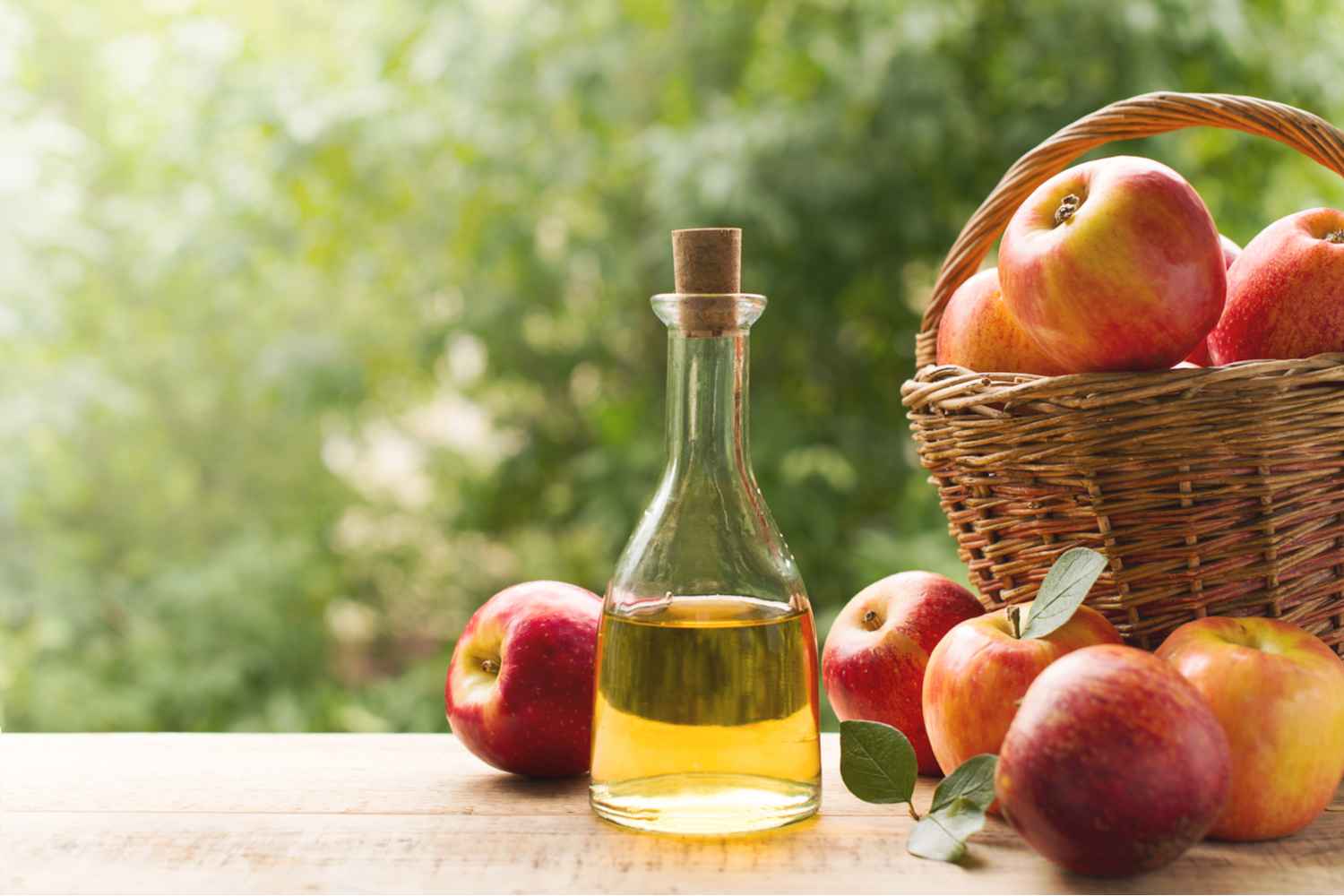Pregnancy comes with a lot of questions about what’s safe and what’s not. One common query revolves around apple cider vinegar (ACV). This comprehensive guide provides evidence-based information on ACV and pregnancy, addressing benefits, risks, and crucial safety precautions. [https://chaztin.com/audio-z] [https://chaztin.com/african-holistic-health]
Understanding ACV and Pregnancy
Thinking about using apple cider vinegar while pregnant? It’s essential to separate fact from fiction and understand the potential benefits and risks before incorporating it into your routine.
Consult Your Doctor First
Before using apple cider vinegar during pregnancy, talk to your doctor. This is crucial for personalized advice and to avoid potential harm. Your doctor can assess your individual health needs and potential interactions with any medications.
Potential Benefits (and the Lack Thereof)
While some people believe apple cider vinegar offers various benefits during pregnancy, scientific evidence is often limited. It’s important to approach these claims with healthy skepticism. Some animal studies suggest ACV might alter digestive enzymes, but more research is needed, especially in humans.
- Morning Sickness: Some pregnant women find diluted ACV helps ease morning sickness, possibly by settling the stomach. However, this is anecdotal, and more research is necessary.
- Heartburn: Similar to morning sickness, some believe ACV might neutralize stomach acid and offer relief from heartburn. However, the acidity could also worsen heartburn for some. More research is needed to confirm its efficacy and safety during pregnancy.
- Digestion: Some animal studies suggest apple cider vinegar could promote healthy digestion, possibly through altering digestive enzyme function. However, these findings don’t necessarily translate to human pregnancy.
- Blood Sugar Management: Preliminary studies suggest ACV might play a role in managing gestational diabetes by improving insulin sensitivity. This is a promising area of research, but further studies, particularly during pregnancy, are crucial. Never self-treat gestational diabetes.
Potential Risks and Precautions
While ACV might seem natural and harmless, it’s essential to be aware of potential risks during pregnancy:
- Tooth Enamel Erosion: ACV’s acidity can erode tooth enamel, especially if consumed undiluted. Always dilute it before drinking and rinse your mouth afterward.
- Medication Interactions: ACV can interact with certain medications, including insulin and diuretics. This is another crucial reason to consult your doctor before using it during pregnancy.
- Esophageal Irritation: Undiluted ACV can irritate the esophagus. Always dilute it properly before consuming.
- Potassium Depletion: Excessive ACV consumption may lead to low potassium levels, impacting nerve and muscle function. This is a concern, especially for pregnant women whose bodies demand more potassium to support fetal development.
Safe Usage Guidelines (With Your Doctor’s Approval)
If your doctor approves ACV use, follow these precautions:
- Dilute: Always dilute one to two tablespoons of ACV in a full glass of water.
- Rinse: Rinse your mouth with plain water after consuming ACV to protect tooth enamel.
- Moderate Consumption: Avoid excessive intake, as it may lead to potassium depletion.
- Discontinue Use if You Experience Discomfort: If you experience any adverse effects like worsened heartburn, discontinue use and consult your doctor.
Addressing Common Misconceptions
- ACV vs. Apple Cider: Apple cider is unfermented apple juice, generally safe when pasteurized. ACV is fermented, giving it acidic properties. Raw apple cider is unsafe during pregnancy due to potential bacterial contamination.
- ACV Pregnancy Test: Using ACV as a pregnancy test is a myth. Rely on FDA-approved pregnancy tests for accurate results.
- ACV as a Cure-All: ACV is not a substitute for medical treatment. Consult your doctor for infections like UTIs or yeast infections.
ACV and Fertility: Separating Fact from Fiction
The impact of ACV on fertility is currently unclear. Research hasn’t specifically explored this area. Most studies focus on ACV’s safety during pregnancy, not its role in conception.
What to Drink (and Not Drink) During Pregnancy
Keeping hydrated is crucial during pregnancy. Focus on these healthy choices:
- Water: Essential for overall health.
- Pasteurized Juices: Provide vitamins and minerals but consume in moderation due to sugar content.
- Milk: Excellent source of calcium and other nutrients.
Avoid these beverages:
- Unpasteurized Drinks: Risk of harmful bacteria, including Listeria. This includes unpasteurized ACV, juices, milk, and cider.
- Excessive Caffeine: High caffeine intake is associated with potential pregnancy complications.
- Alcohol: Absolutely avoid alcohol, as it can cause Fetal Alcohol Spectrum Disorders (FASDs).
Choosing Safer Alternatives
If you’re seeking ACV’s purported benefits, consider safer alternatives:
- Nausea: Ginger can be a natural remedy for morning sickness.
- Heartburn: Antacids safe for pregnancy can provide relief.
- Digestion: Probiotics (with your doctor’s approval) can support gut health.
- Blood Sugar Control: A balanced diet and regular exercise (as approved by your doctor) are crucial for managing blood sugar.
Always prioritize your and your baby’s health by consulting your doctor before adding anything new to your diet or routine during pregnancy. They can provide personalized guidance based on your specific circumstances.
| Potential Benefit (Claimed) | Scientific Evidence | Safer Alternatives |
|---|---|---|
| Morning Sickness Relief | Limited | Ginger |
| Heartburn Relief | Limited, potential to worsen | Antacids safe for pregnancy |
| Improved Digestion | Limited, some animal studies | Probiotics (consult your doctor) |
| Blood Sugar Management | Preliminary, needs more research | Balanced diet, regular exercise |
| UTI/Yeast Infection Relief | Limited | Consult a doctor for medical treatment |
This guide aims to provide comprehensive information on apple cider vinegar and pregnancy. Always consult with your healthcare provider before making any decisions about your health or diet during pregnancy. They can offer the best advice tailored to your unique situation.
- Leak-Proof Glass Food Containers with Locking Lids Keep Food Fresh - February 3, 2026
- Glass Storage Containers With Glass Lids That Lock for Freshness - February 2, 2026
- Locking Glass Food Storage Containers for Organized and Fresh Meals - February 1, 2026










